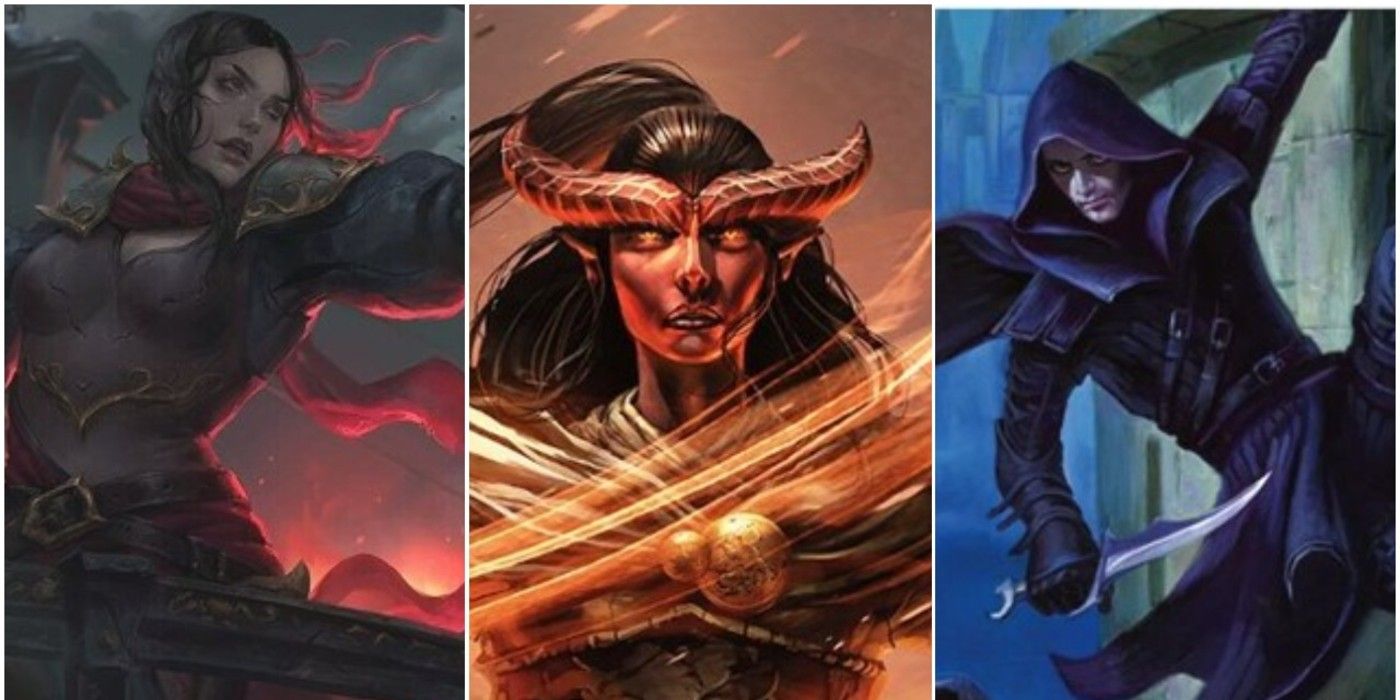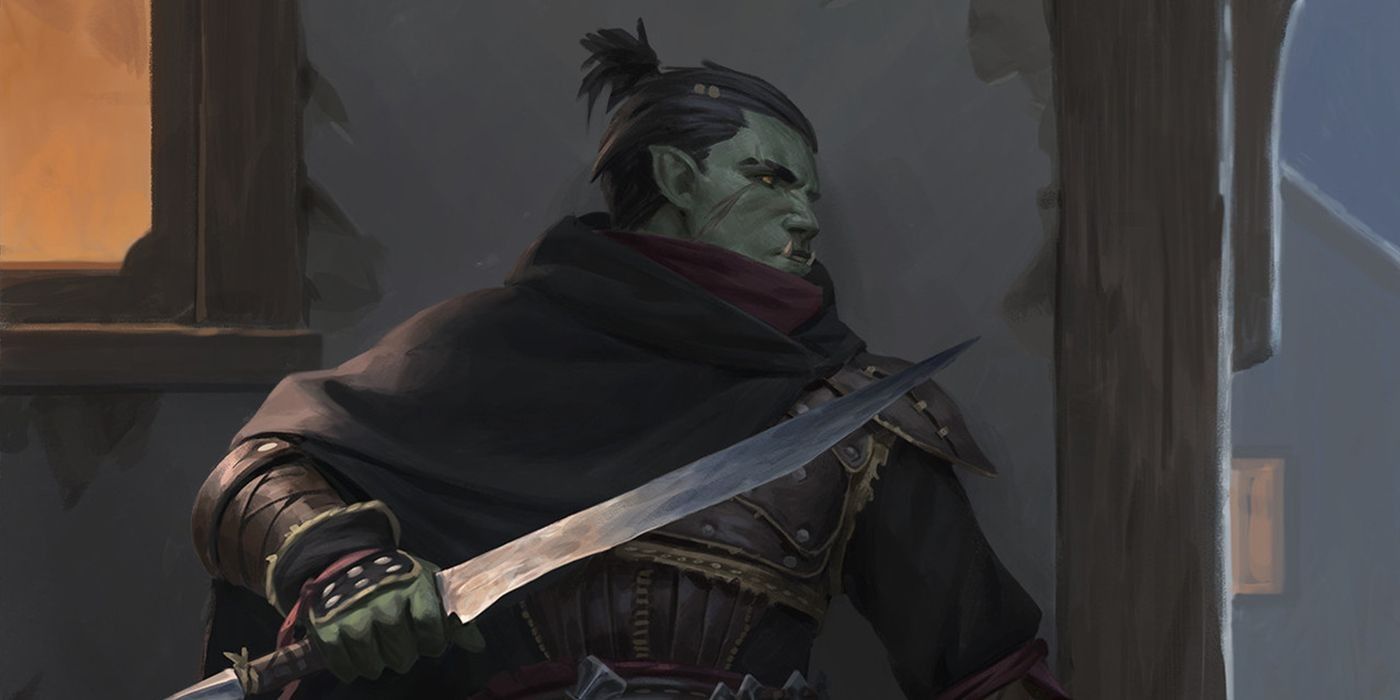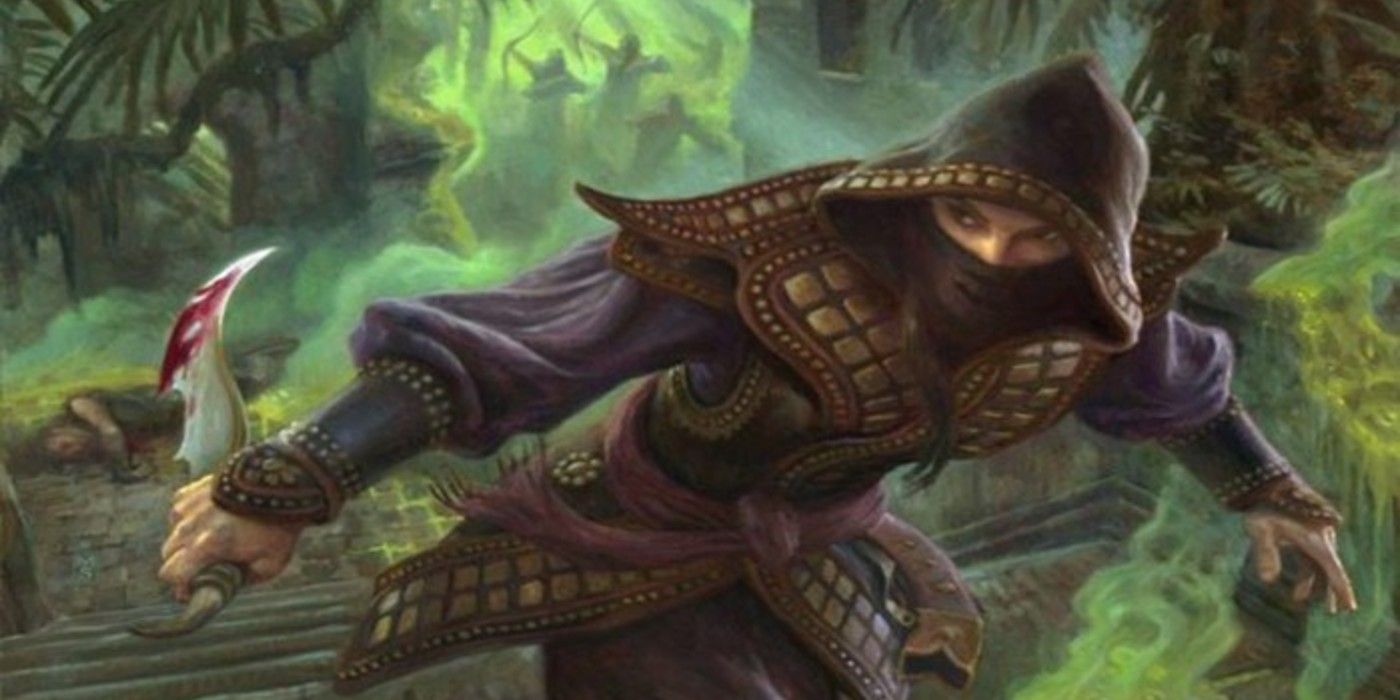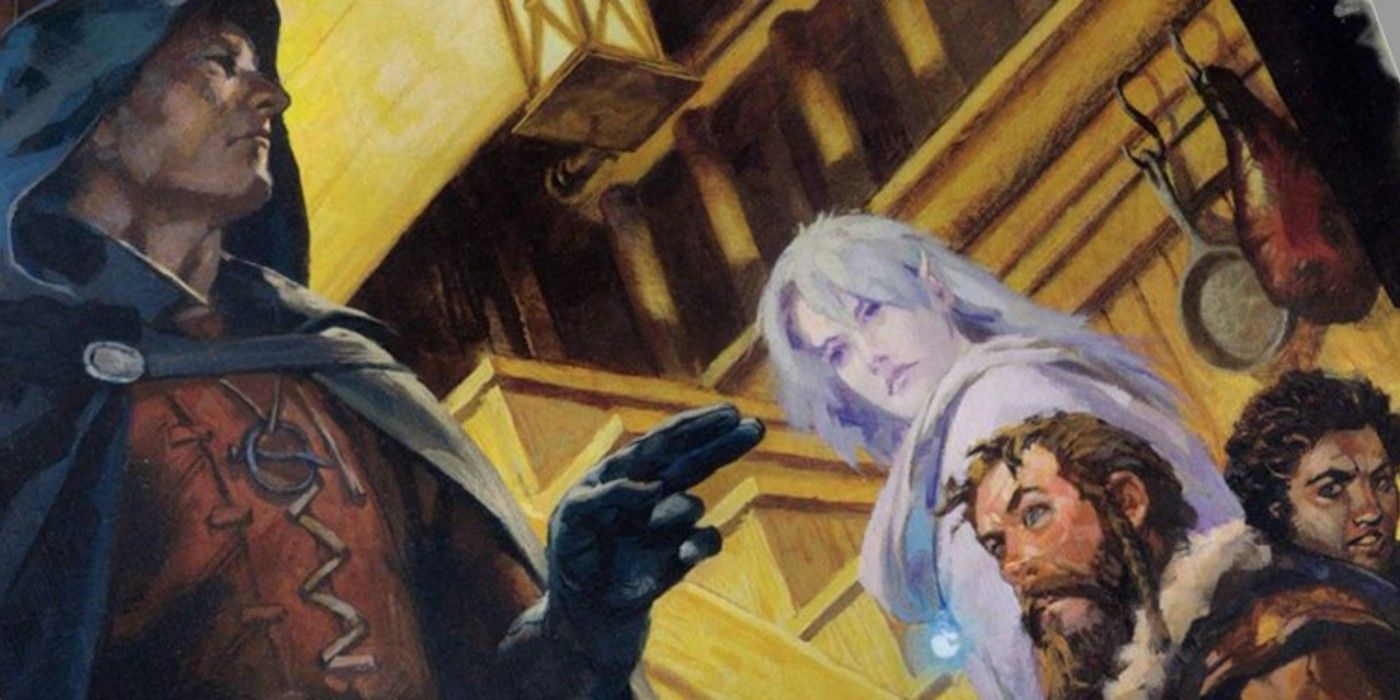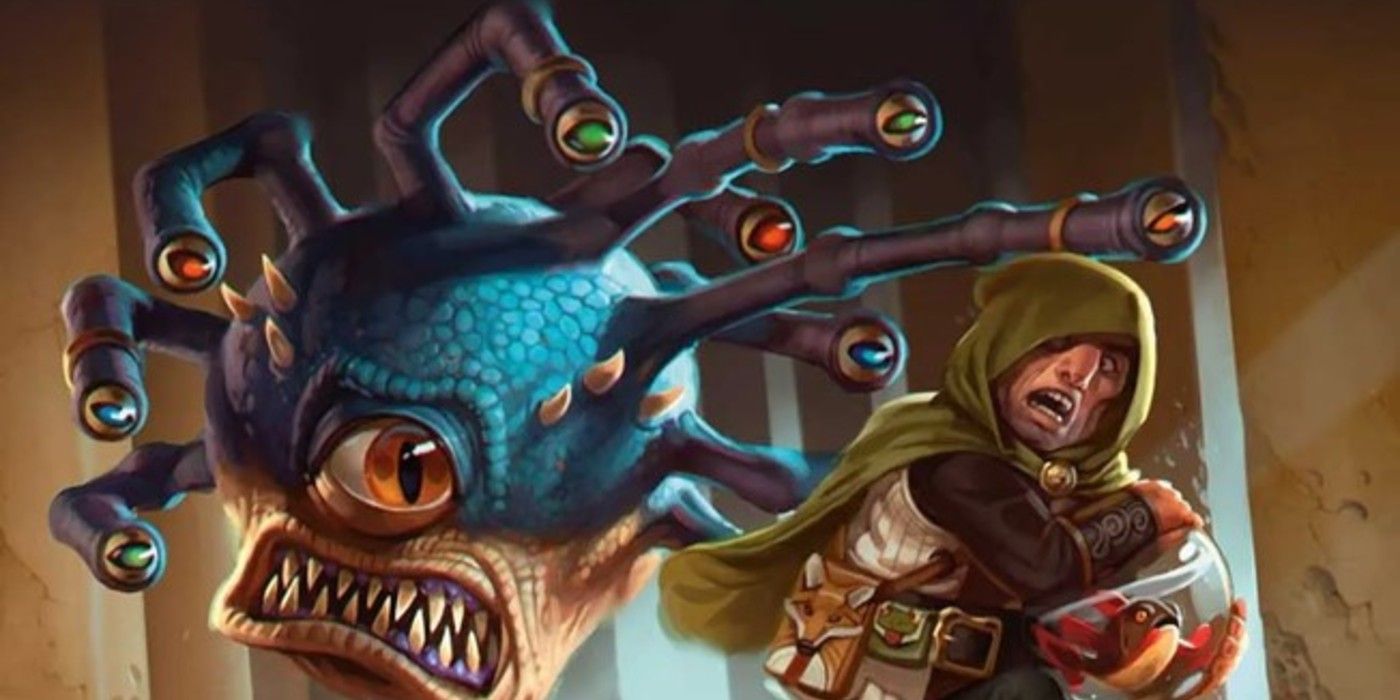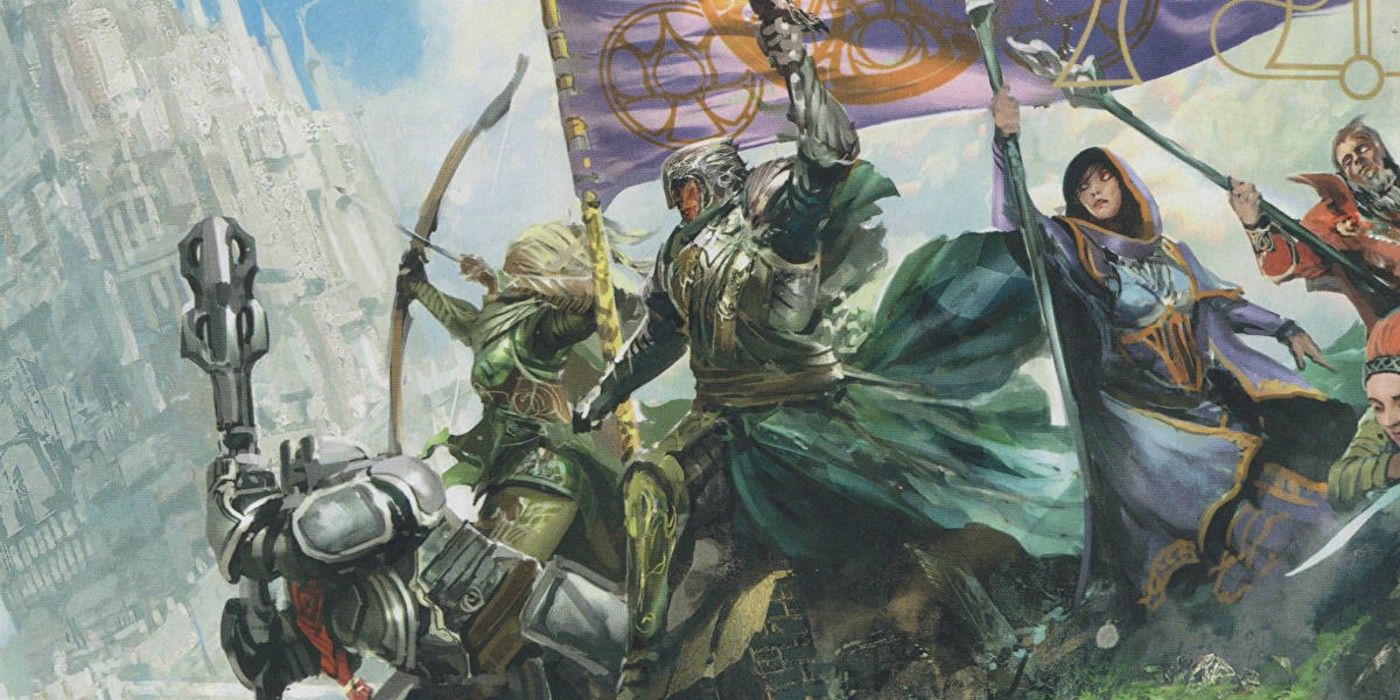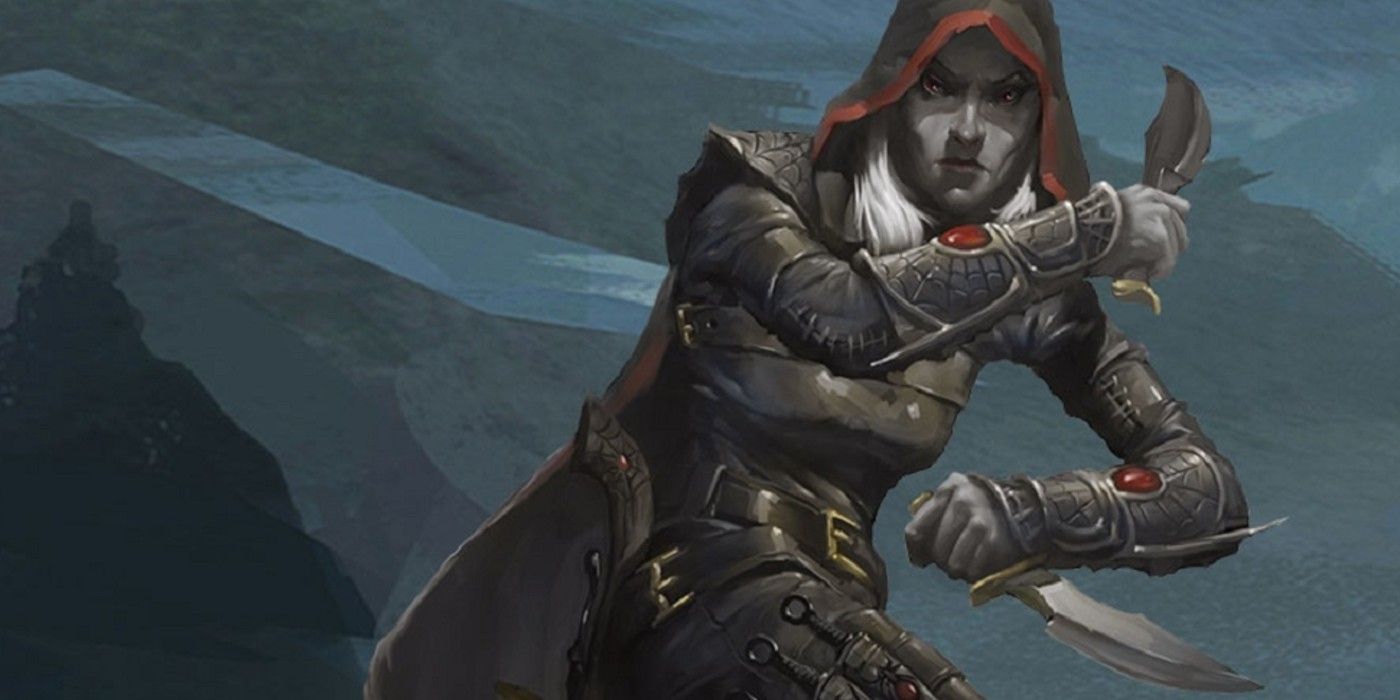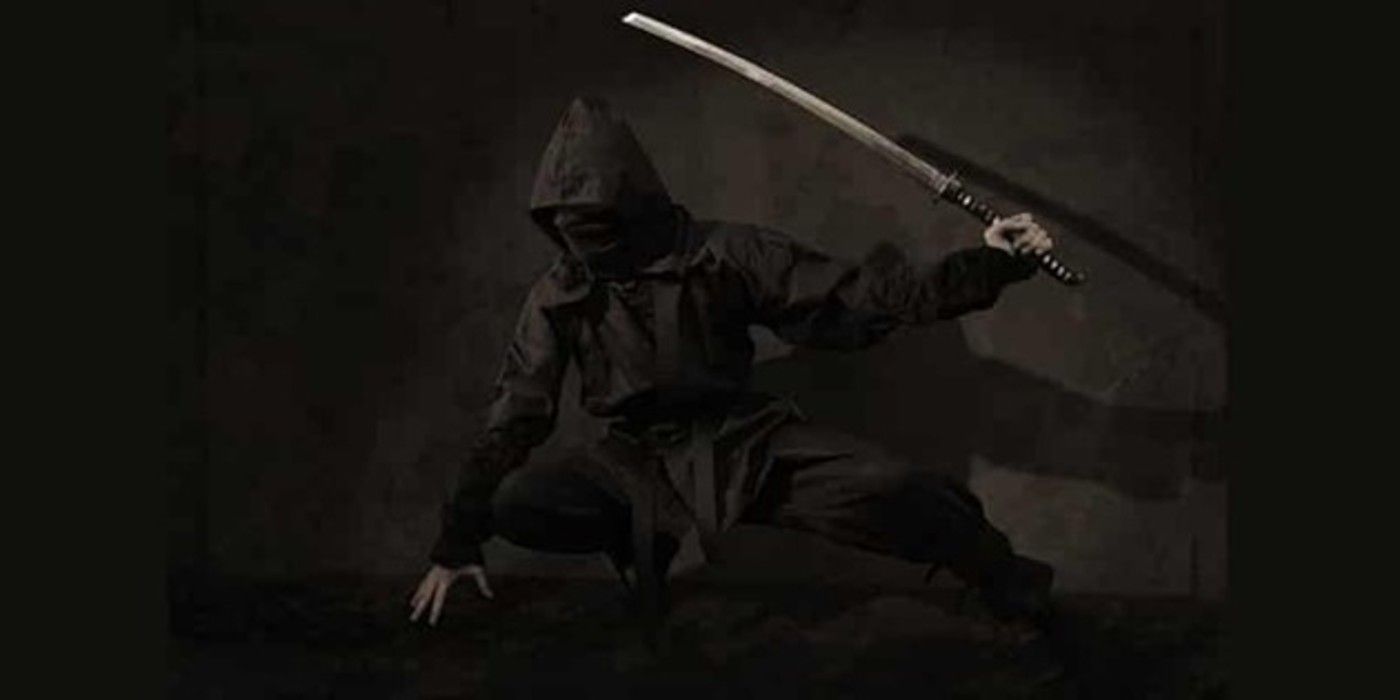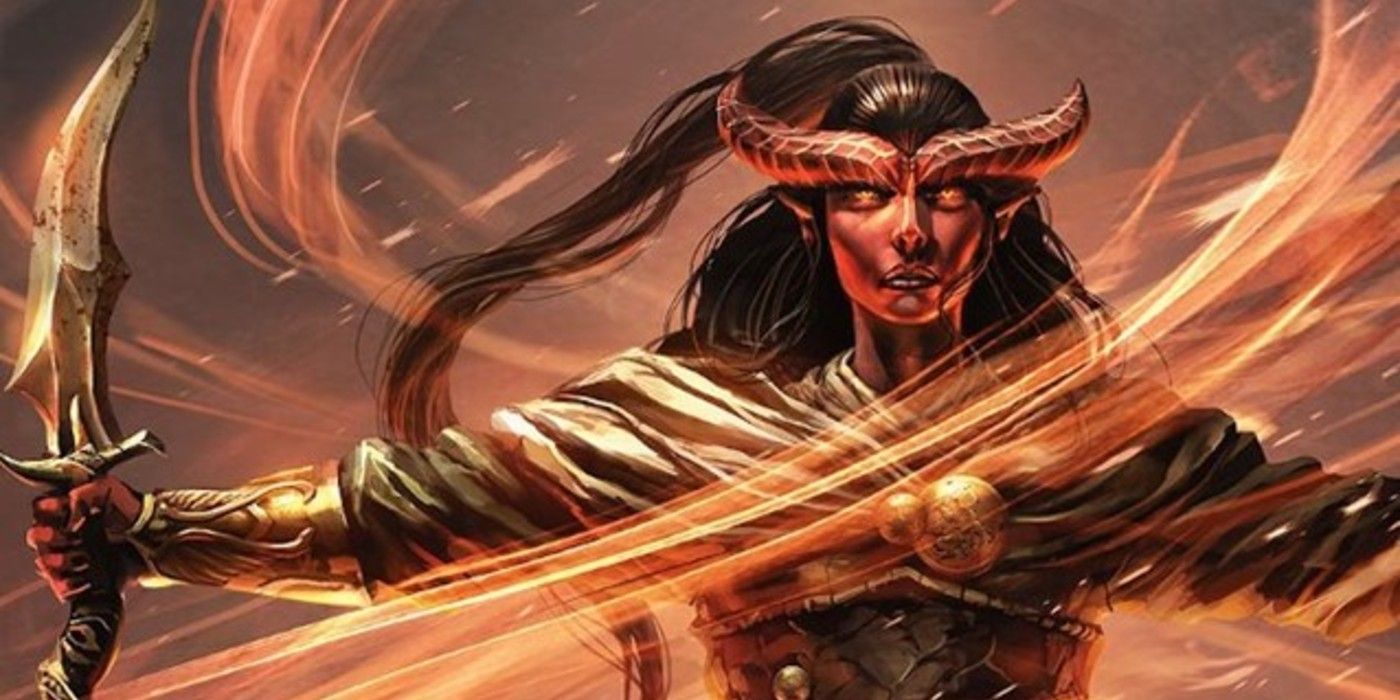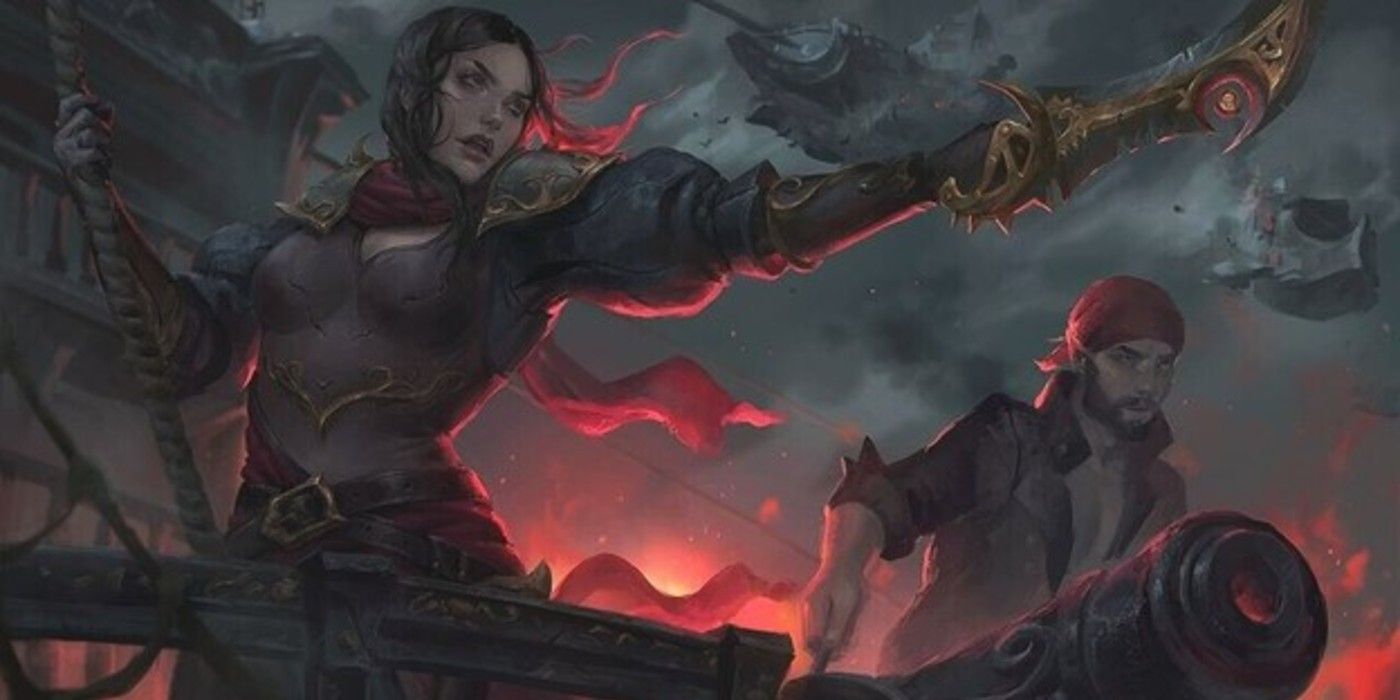In the game Dungeons & Dragons, players can pick from a variety of roles when they start the game. The Rogue is one of the more popular and fun roles to play and characterize. Rogues are a versatile class and have a large variety of skill proficiencies.
When playing a Rogue, a player will find that they can do so much with them and truly be a great team player. With that being said, every Rogue has its weaknesses and it is up to the player to build the best possible character possible. Players should keep in mind that Rogues are versatile and work best to fill in the skill gaps of a group, so it will be a Rogue’s responsibility to do things that others cannot.
Best Thing: Reliable Talent
When playing a Rogue, players will find that even at low levels you can have a ton of additional Skills that will ensure their reputation and position. Once a player gets to level 11, however, is where a rogue can shine.
By level 11, a rogue will have basically been able to refine their skills to perfection, allowing players to add to their proficiency bonus and allowing a roll as high as a d20 to act like a 9. This combined with all the skills and proficiencies players can gain in their lower levels makes a Rogue a key player.
Worst Thing: Combat
Rogues are very skilled in one on one combat, but definitely not as good in regular combat. Rogues are weak when it comes to this and players will want to avoid getting swarmed at all costs. With skills like Evade or Cunning Action, this probably won’t happen too often, but when it does players will have to rely heavily on their teammates.
Really, rogues have to rely on their teammates in most combat situations. The upside is that most rogues only need to hit once to deal all of their potential damage but this doesn’t always work when being swarmed by multiple opponents.
Best Thing: Expertise
One of the biggest perks of being a Rogue is the fact that one of A Rogue’s biggest skills is in…skills. When you start out, Rogues get to choose 4 skill proficiencies from a list of some of the best skills. A player starts off at level 1 with the Expertise skill and gets it again at level 6.
Expertise allows a Rogue to pick two new skills or tools each time and also double the proficiency bonus that the skill of tool has. This pretty much ensures that a Rogue will be the best in a variety of chosen skills, making a Rogue an invaluable asset during most situations.
Worst Thing: Competition
One thing players must keep in mind when choosing to play a Rogue is the fact that many others play A Rogue. This can make it super hard to be the best and stick out from the crowd. The idea of playing a rogue is super appealing, who doesn’t want to be a devilish, charming vagabond?
But players must remember a lot of other people have felt the same way. It takes time to level your Rogue up to having amazing abilities like Stroke of Luck, which you can’t get until level 20. If a player chooses to put in the time and effort, they can definitely stick out as a Rogue, but it takes time and effort.
Best Thing: Group Checks
Rogues become extremely useful in group settings. They are the ultimate team player and their versatility is nothing to frown on. They can investigate, scout extremely well, and spring traps. Rouges specialize in high damage and reconnaissance and this will most likely become a player’s main job in group checks, allowing the others to focus on their main skill sets.
A good rogue is like clay and will fill in the gaps of a team. Anywhere there is a weakness in skills, Rogues will most likely be the ones to fill in the gaps. This makes them highly desirable it have in a team because Rogues can help will skills others can’t do.
Worst Thing: No One Trusts a Rogue
Anytime something goes wrong or gets stolen, one can be sure the Rogue is going to be the first one to get blamed. Since the innate nature of a rogue is devious and skillful, many players will assume that the Rogue is always up to no good or devising a way to get something they want. Oftentimes, this isn’t always the case.
If a player chooses to be a rogue, they must keep in mind that your other teammates will distrust them and that is just the name of the game. Often times this can push a Rogue to get more skilled and take on challenges they normally wouldn’t in order to not be perceived or mistrusted when they decide they do want to pull some tricks and some general foolery.
Best Thing: Cunning Action
This ability is a must-have for a Rogue and it gives a player an advantage over others. It allows a Rogue to take a bonus action in their turns. Rogues are already naturally crafty and smart, this ability can exemplify that.
A player can use this to disengage, hide or dash. It can be used after a player has already made a reaction and that ability comes in handy super often. In turn, a Rogue can run across a war zone undetected or dash to get healed quickly and recoup.
Worst Thing: Thieves Can't
Thieves Can’t is a special language used between Rogues and other vagabonds, such as Thieves. This language is basically just coded language, symbols, and dialects that can’t be understood by others. This feature has a lot of potential but it unfortunately can’t really be used unless the game centers around a heist aspect.
Still, it is a really cool feature and many DnD fans like to utilize it when they can, but right now it is mainly useless to many.
Best Thing: Versatility
One of the best things about playing a Rogue is the versatility they can possess if played right. When playing a rogue, one can take many different routes and Archetypes. A player can choose to go Assassin and focus on damage and combat, go Thief and become a skill monkey to help contribute outside of combat, go the Arcane Trickster route and specialize in magic, illusion, and power.
These are just a few of the many ways a Rogue can specialize. This makes the Rogue unique and definitely appealing to play based on the strategy used. Also, it can work for most character ideas and concepts that a player can think of, making it fun to build their character and backstories. The versatility of the Rouge is not something that can be denied.
Worst Thing: Weak In Certain Areas
The downside of the Rogues' innate versatility is they are good at a lot, so they don’t necessarily become the best at every skill they possess. Thus, Rogues can be overshadowed by other classes in certain skills, such as the bard which is very similar to a Rogue.
Bards often are compared to Rogues due to their ability to obtain many similar skills. Barbarians and fighters have more consistent attacks and deal more consistent damage than Rogues can. They also have higher HP and can withstand more melee damage than a Rogue.
With this being said, the versatility of a Rogue cannot be rivaled by anything other than potentially a bard. However, it is important to keep in mind the Rogue is good at most everything, but definitely not the best at everything.

